What is a circular economy?
A circular economy is about more than just recycling. It is an economic system in which we maintain the complexity and functionality of a product for as long as possible, instead of breaking a product down to its base materials, incinerating it or dumping it as waste, once it has been used. A circular economy is based on closed material loops. This means that as little material as possible leaves the loop through incineration or landfill. Only a minimal amount of new raw materials needs to be added. The circular economy requires a system change: a change in the behaviour of producers and consumers. Committing to a circular economy reduces the burden on the environment and the climate. It offers opportunities for businesses and reduces the EU's economic dependence on raw materials from abroad.
VITO guides you towards the circular economy
VITO advises companies, organisations and governments on the transition to a circular economy. Whether you require life-cycle analyses, drafting of circular business models, policy advice, policy preparation research ... you can rely on VITO to provide all of these.
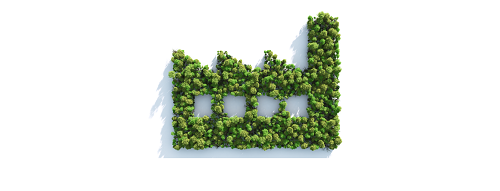
The circular economy poses new challenges for companies: if you want to work with a circular business model, use materials more efficiently, or want more insight into the environmental impact of your products, don't hesitate to contact us.
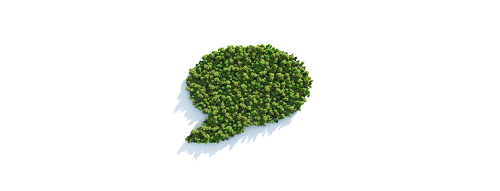
Governments have the important task of creating the context in which the circular economy can flourish. They encourage companies and citizens to make the effort to achieve the circular economy. Count on VITO to help you do this
These companies are committed to the circular economy
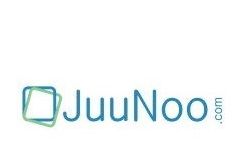
JuuNoo produces interior walls for the office market using circular materials. They can be assembled quickly without any noise or dust. After three re-installations, the system works out up to 50% cheaper than conventional plasterboard. We assisted with the life-cycle cost analysis to enable JuuNoo to demonstrate to their customers that what they do creates long-term impact.
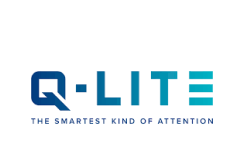
Q-Lite builds display systems within a circular business model. For example, 80% of the aluminium used is recycled material. The modular design makes upgrades and maintenance easier, resulting in a longer service life. By hiring out the displays, customers receive upgrades and are guaranteed that their displays will be taken back for recycling or resale.
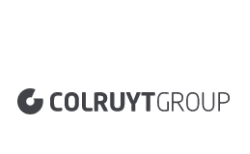
Colruyt Group aspires to be a reference point for sustainable entrepreneurship and consumption. The environmental impact of the buildings and sustainable material management are also part of this. To achieve its goal, the group is investing in innovative construction methods and materials, among other things. The Belgian retailer turned to VITO for tailor-made advice.
Transition to a circular economy in Flanders
The transition to a circular economy requires a system change. We need to pay attention to product design. Different business models, technologies and broad partnerships are needed to accelerate the transition. Government policy must also create the conditions for moving from a waste policy to a materials-focused policy.
Circular economy: inspiring stories
In addition to providing advice, VITO focuses on conducting research into all aspects of the circular economy. An overview of some inspiring stories:
Apps and games about the circular economy
Learn all about the circular economy through interactive games for all ages and target groups, from primary education to corporate settings. Use these interactive learning tools anywhere!
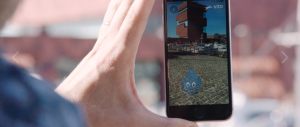
The latest augmented reality game app that allows you to learn about chemistry and technology while out and about. It is also a novel way of discovering what materials can be found in your city or municipality.
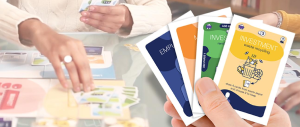
EcoCEO brings concepts and strategies for the circular economy to your classroom and introduces your pupils to sustainable entrepreneurship and developments in the resource sector. Play, learn, and have fun!
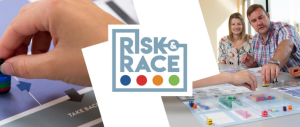
Risk & RACE gives you an insight into the opportunities and challenges of the circular economy in a fun way. It consists of a board game designed to spark an entrepreneurial spirit and introduce players to decision making and business models in the circular economy.
